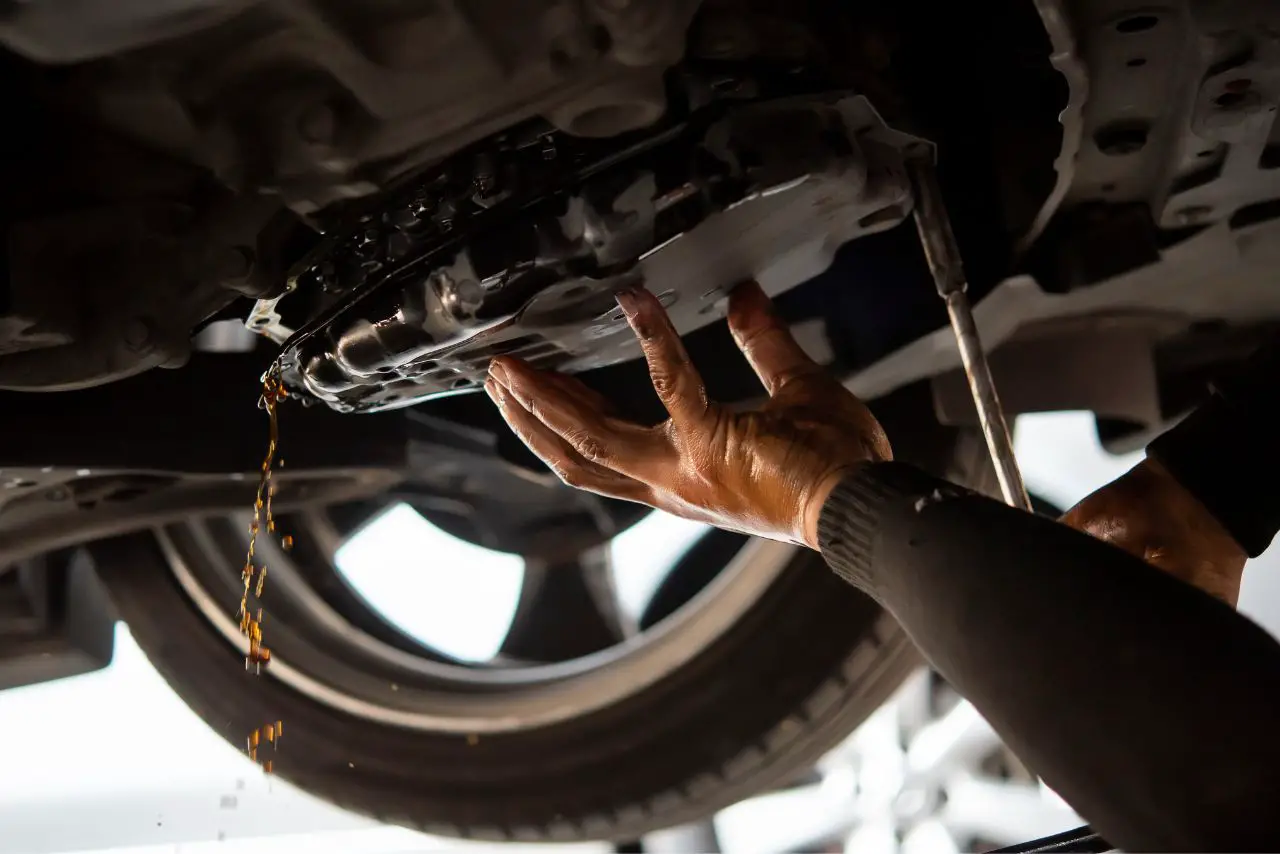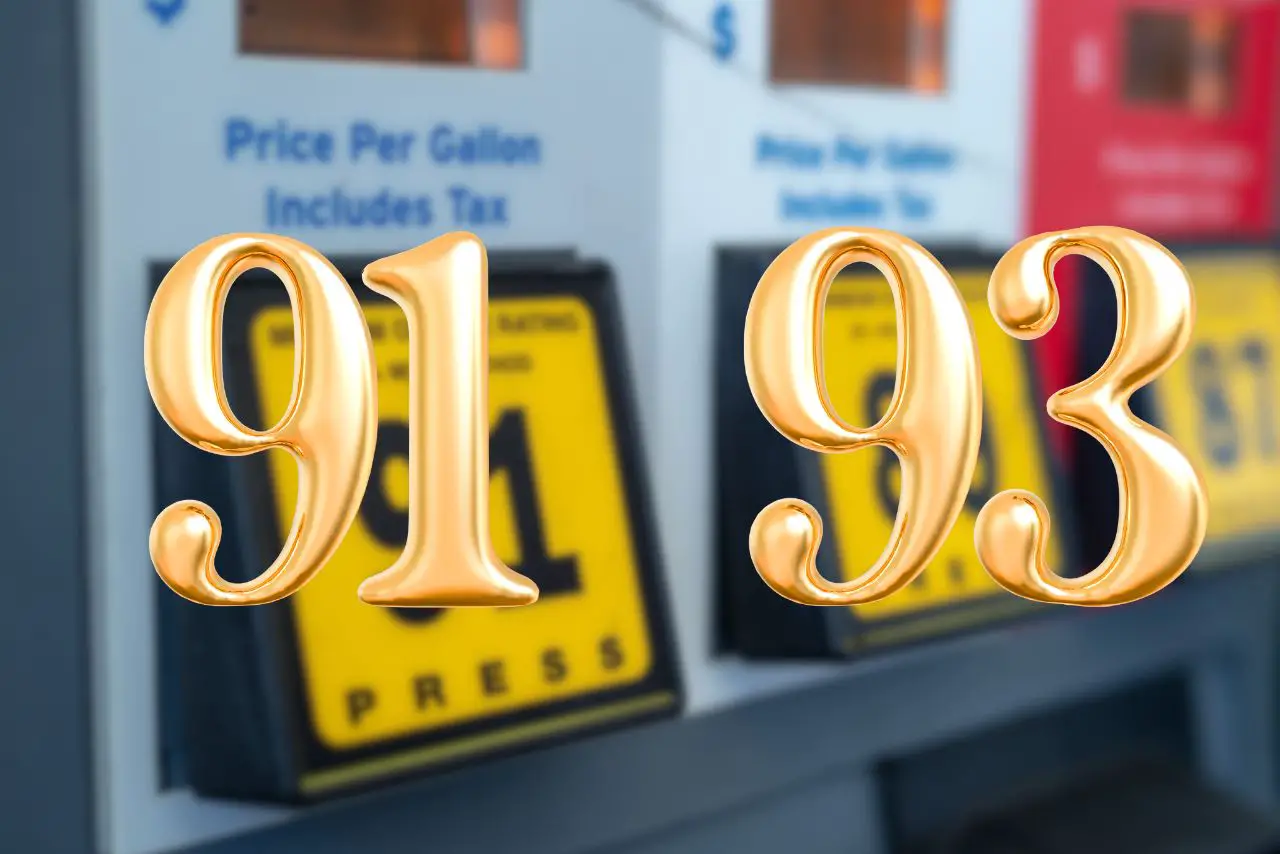Why Do People Brake Check? Brake-checking is a form of aggressive driving behavior that can lead to dangerous situations on the road. It is typically done in response to perceived provocation, such as tailgating or cutting off another driver.
This aggressive behavior is a result of an individual’s desire to assert dominance on the roadway, creating a sense of power and control over their environment. Furthermore, it can be viewed as an attempt to communicate displeasure with another motorist through physical action rather than verbal communication.
But why do people engage in this risky behavior? There are several reasons why drivers may feel compelled to brake check. For some, it may be a way to assert their dominance on the road and show other drivers who’s in charge.
For others, it may be a way to vent their frustration and anger at other drivers who they perceive as being rude or disrespectful.
Regardless of the reasons behind it, brake checking is never a safe or responsible driving behavior. It can cause serious accidents and injuries, and should be avoided at all costs.
In this article, we will explore the psychology behind brake checking, and offer tips for how drivers can stay safe on the road and avoid engaging in this dangerous behavior.
What is Brake Checking?
Brake checking is a driving behavior where a driver suddenly applies their brakes, usually without any valid reason, in front of another driver who is following them closely.
This results in the driver behind having to slam on their brakes to avoid a collision. Brake checking is often considered a form of aggressive driving and can lead to accidents and road rage incidents.
Brake checking is usually done to send a signal to another driver. It is often used as a way to express frustration or anger towards a driver who is tailgating or driving aggressively.
Drivers may also use brake checking as a way to assert their dominance on the road or to teach another driver a lesson.
While brake checking can be a dangerous behavior, it is important to note that not all sudden braking actions are intentional.
Sometimes, drivers may need to apply their brakes suddenly to avoid hitting an object or animal on the road. However, intentional brake checking is a deliberate action that can put other drivers at risk and should be avoided.
Read More: Is BP Top Tier Gas?
Reasons Why People Brake Check
Brake checking is a dangerous behavior that can lead to collisions, road rage, and other serious consequences.
Despite the risks, some drivers continue to engage in this behavior. Here are some of the reasons why people brake check:
- Anger and frustration: Drivers who are angry or frustrated with other drivers may brake check as a way to express their emotions. They may feel that the other driver is not driving safely or is not following traffic rules, and they want to send a message.
- Retaliation: Some drivers may brake check as a form of retaliation. They may have been cut off or tailgated by another driver, and they want to teach that driver a lesson.
- Attention-seeking: Some drivers may brake check as a way to get attention from other drivers. They may want to show off their driving skills or prove that they are in control of the situation.
- Intimidation: Some drivers may brake check as a way to intimidate other drivers. They may want to assert their dominance on the road or scare other drivers into backing off.
Regardless of the reason, brake checking is a dangerous behavior that can put everyone on the road at risk.
It’s important for drivers to stay calm and avoid engaging in aggressive or risky behaviors while driving.
Consequences of Brake Checking
While brake checking may seem like a harmless way to send a signal to another driver, it can have serious consequences. Here are some of the potential outcomes of brake checking:
- Accidents: Brake checking can easily cause accidents, especially if the driver behind you is not paying attention or is following too closely. If the driver behind you is unable to stop in time, they may rear-end your vehicle, causing damage to both cars and potentially injuring passengers.
- Legal Issues: Brake checking can also lead to legal issues. If you cause an accident by brake checking, you may be held liable for any damages or injuries that result. Additionally, if you are caught brake checking by law enforcement, you may be ticketed or even face criminal charges.
- Road Rage: Brake checking can easily escalate into road rage. If the driver behind you becomes angry or aggressive, they may try to retaliate by tailgating, honking, or even attempting to run you off the road. This can be dangerous for both you and other drivers on the road.
- Increased Stress: Finally, brake checking can simply increase stress levels for both you and the driver behind you. If you are constantly worried about other drivers tailgating you, you may become more anxious and tense while driving. Additionally, if you brake check another driver, you may find yourself constantly looking in your rearview mirror, worried about retaliation.
Overall, brake checking is not a safe or effective way to communicate with other drivers on the road. If you are concerned about another driver’s behavior, try to safely pull over and let them pass or contact law enforcement if necessary.
Read Also: How Long Does It Take to Learn Manual Driving?
How to Avoid Brake Checking
Brake checking can be a dangerous and frustrating behavior on the road. Fortunately, there are steps you can take to avoid being brake checked by another driver:
- Keep a safe distance: Maintaining a safe following distance from the vehicle in front of you can help prevent the need for sudden braking.
- Signal your intentions: Use your turn signals to communicate your intentions to other drivers. This can help prevent confusion and reduce the likelihood of someone feeling the need to brake check you.
- Stay calm: If you find yourself being tailgated, try to remain calm and avoid reacting aggressively. This can help de-escalate the situation and prevent the other driver from feeling the need to brake check you.
- Avoid aggressive driving: Avoiding aggressive driving behaviors like cutting off other drivers, speeding, and weaving in and out of traffic can help reduce the likelihood of someone feeling the need to brake check you.
By following these tips, you can help reduce the risk of encountering brake checking on the road and stay safe while driving.
Advantages of Brake Check
Brake checking is a common practice among many drivers. It involves tapping the brakes lightly or suddenly hitting them to slow down, thereby forcing the driver behind to react.
While it may seem like an aggressive move, there are several reasons why people brake check.
One of the primary reasons for brake checking is safety. When you see a car tailgating you or driving too close, hitting your brakes can be a warning sign that they need to back off.
It can also be useful in preventing accidents, especially in situations where a reckless driver is speeding and swerving across lanes.
Another reason why people brake check is to avoid being rear-ended by another vehicle.
In cases where you are slowing down for traffic, but the driver behind fails to notice and continues at their regular speed, tapping your brakes can alert them and prevent an accident from occurring.
Disadvantages of Brake Check
Brake checking is a dangerous driving tactic that involves slamming on the brakes unexpectedly to force the driver behind you to brake suddenly.
While some drivers use this tactic as a way to teach tailgaters a lesson, there are several reasons why people engage in brake checks. Unfortunately, these reasons don’t always justify the risks involved.
One of the main reasons why people brake check is because they feel threatened by aggressive drivers who are tailgating them. These drivers may be speeding or weaving in and out of traffic, which can be very intimidating for other motorists.
However, instead of using aggressive tactics like brake checking, it’s better for drivers to simply move over and let the aggressive driver pass.
Another reason why people engage in brake checking is because they’re frustrated with slow-moving vehicles ahead of them.
Must Read: Why Are Oil Catch Cans Illegal in Some States?
What Is The Point Of Brake Check?
Brake checking is often done to intimidate or retaliate against a tailgater or aggressive driver. The sudden hit on the brakes forces the driver behind to react quickly and can send a message to back off.
Is Brake Check Illegal In Us?
Yes, brake checking is illegal in the US and can result in a ticket for reckless driving. It is considered a dangerous driving practice that can cause accidents.
Is It Bad To Brake Check Someone?
Yes, it is bad to brake check someone because it can cause a serious accident. It is not a recommended way to deal with tailgaters and can make the situation worse.
Why Do People Brake Check Tailgaters?
People may brake check tailgaters to send a message that they are driving too close or to try to deter them from continuing to tailgate.
However, brake checking is not a recommended way to deal with tailgaters and can make the situation worse.
Summing Up: Why Do People Brake Check?
Why Do People Brake Check? Brake checking is a dangerous maneuver that can have serious consequences. Though it may seem like the right thing to do at the time, it is usually not worth the risk.
No matter how frustrating another driver’s behavior may be, it always best to stay calm and alert and take appropriate action when necessary.
It is important for drivers to remember that brake checking could result in legal ramifications or physical injury, so when faced with a challenging situation on the road, choose safety over any other option.






Leave a Reply